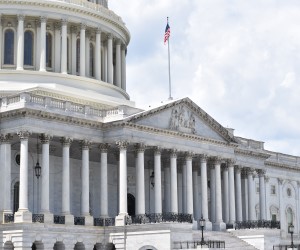US FDA sees boost in FY23 budget proposal but no diagnostics reform
 APIsBiologics/ biosimilars/ vaccinesBiotechnologyCombination products/companion diagnosticsComplianceDiagnostics/IVDsMedical DevicesNorth AmericaNutritional/Natural HealthOTCOtherPharmaceuticalsRegulatory Intelligence/Policy
APIsBiologics/ biosimilars/ vaccinesBiotechnologyCombination products/companion diagnosticsComplianceDiagnostics/IVDsMedical DevicesNorth AmericaNutritional/Natural HealthOTCOtherPharmaceuticalsRegulatory Intelligence/Policy